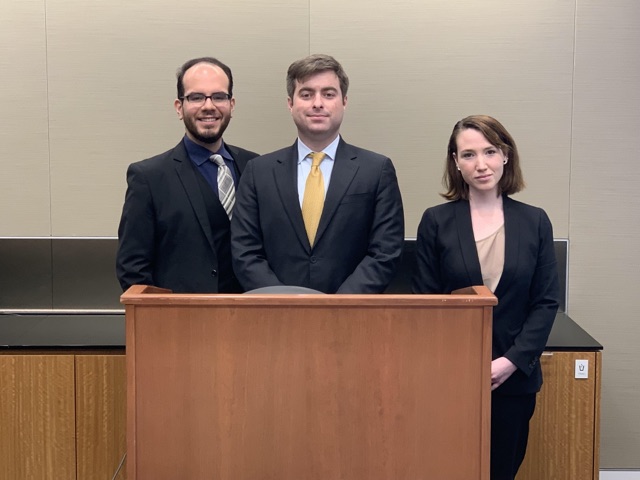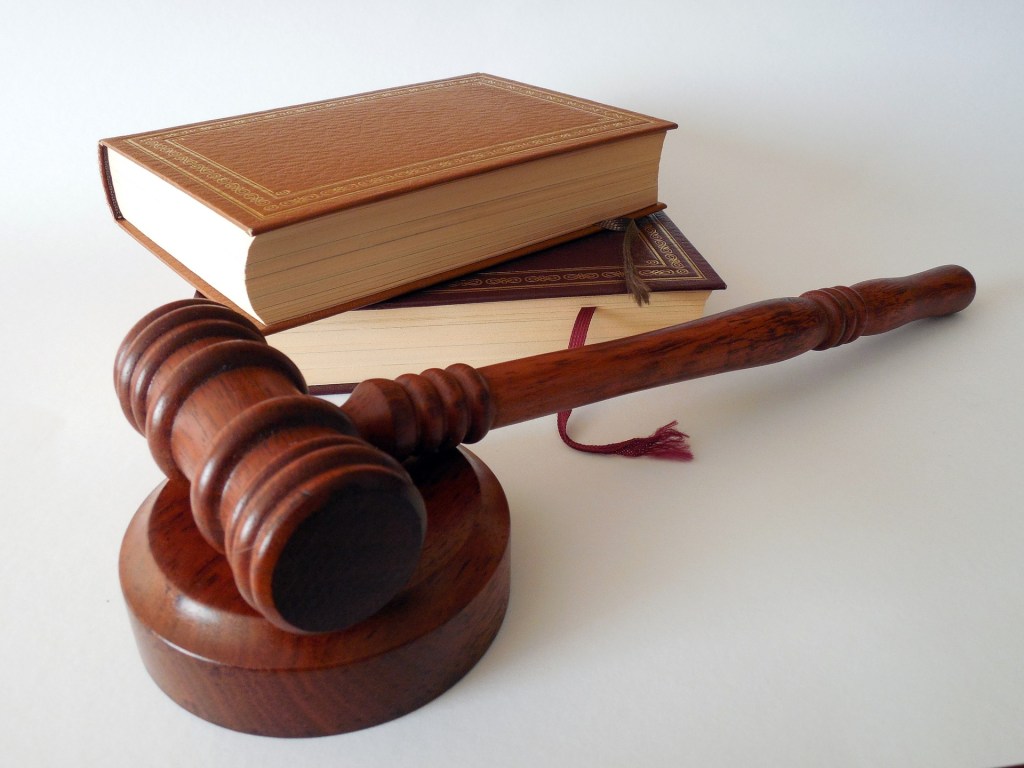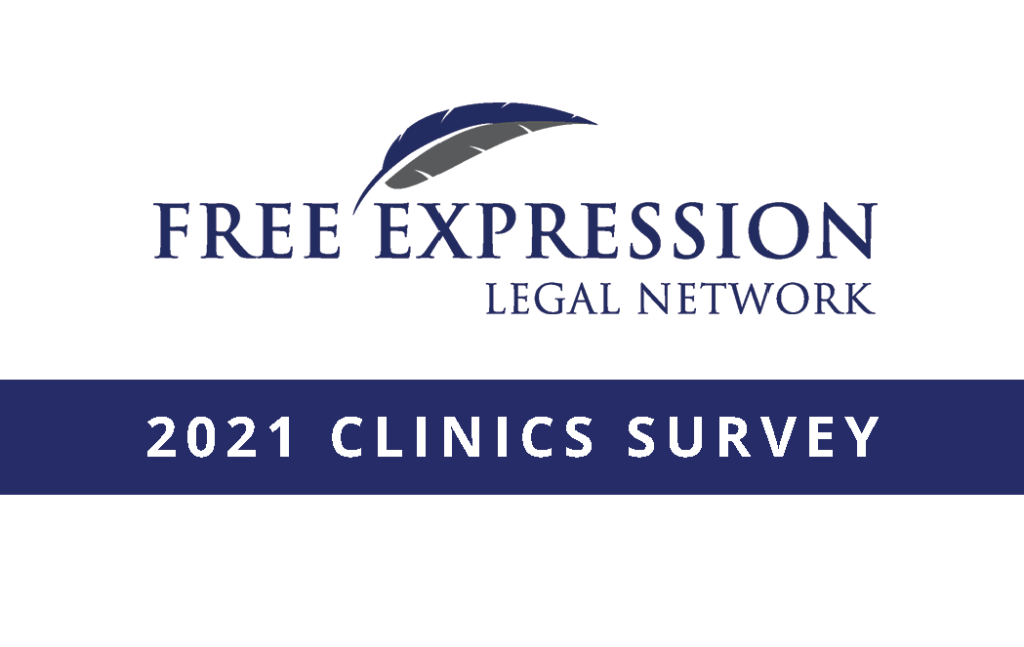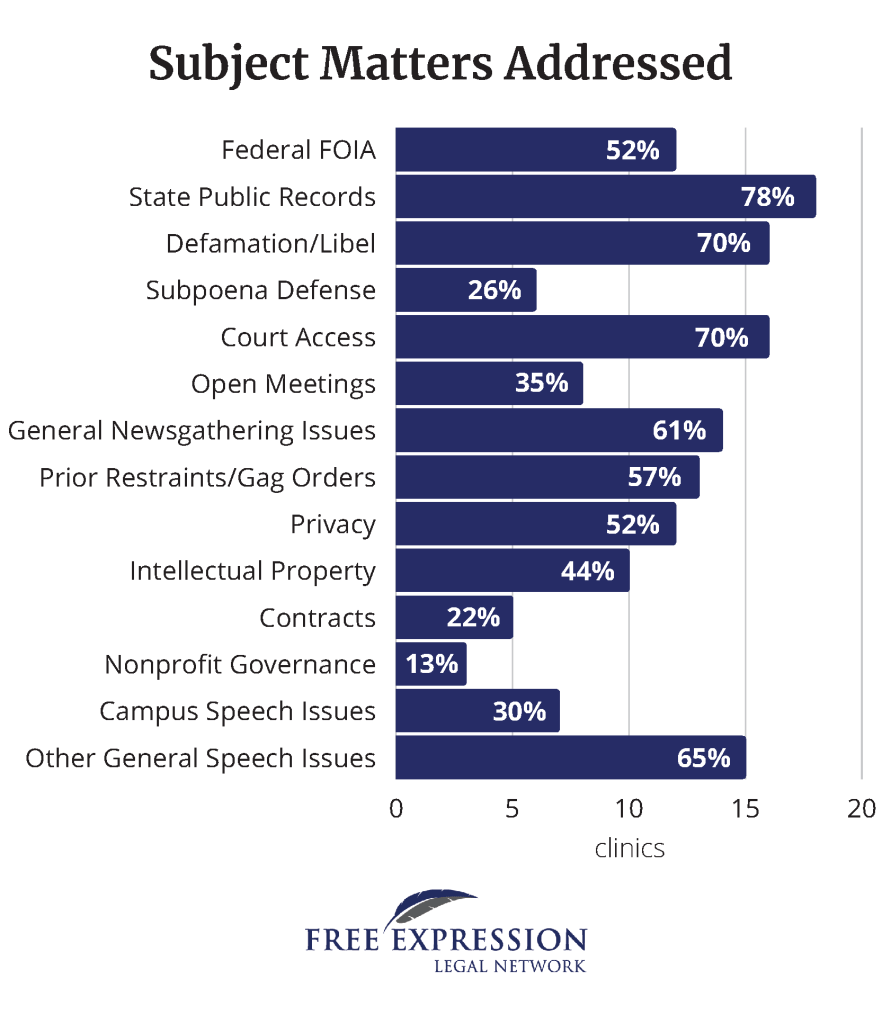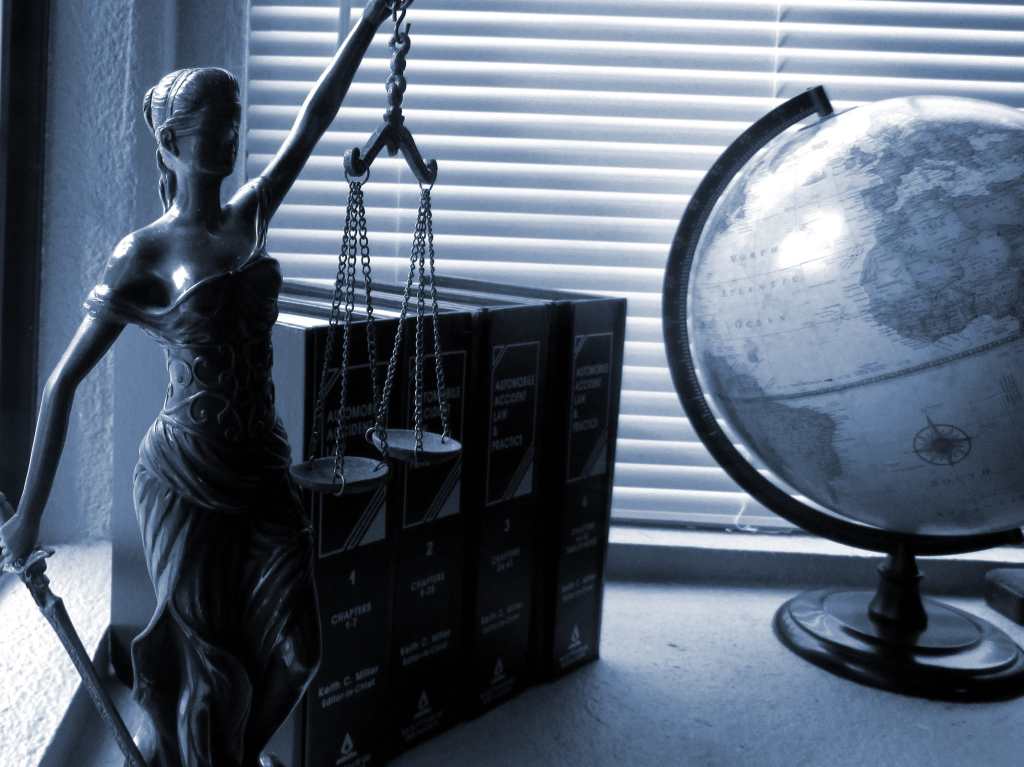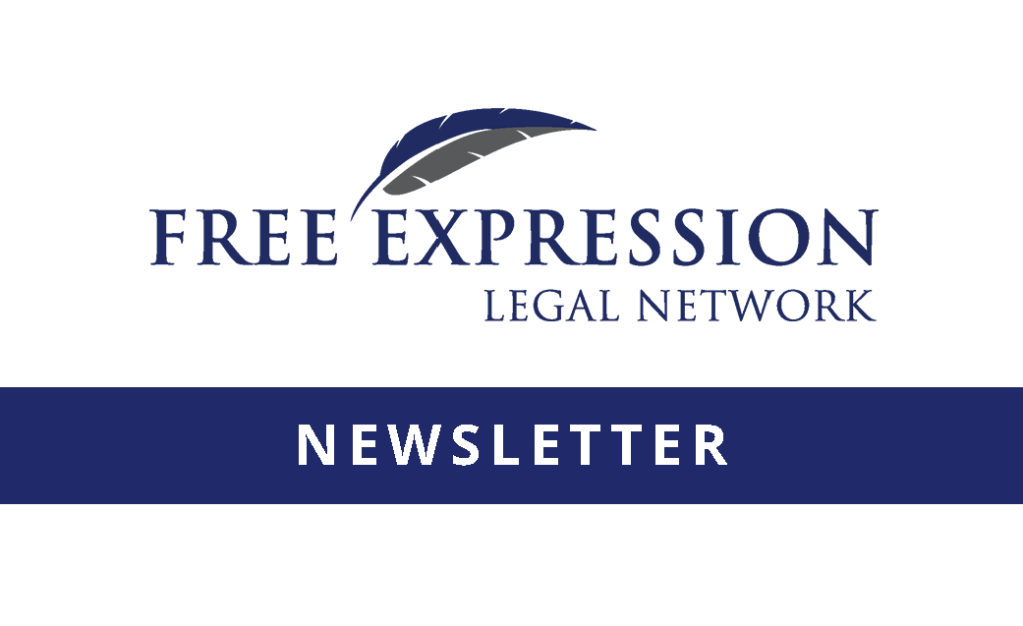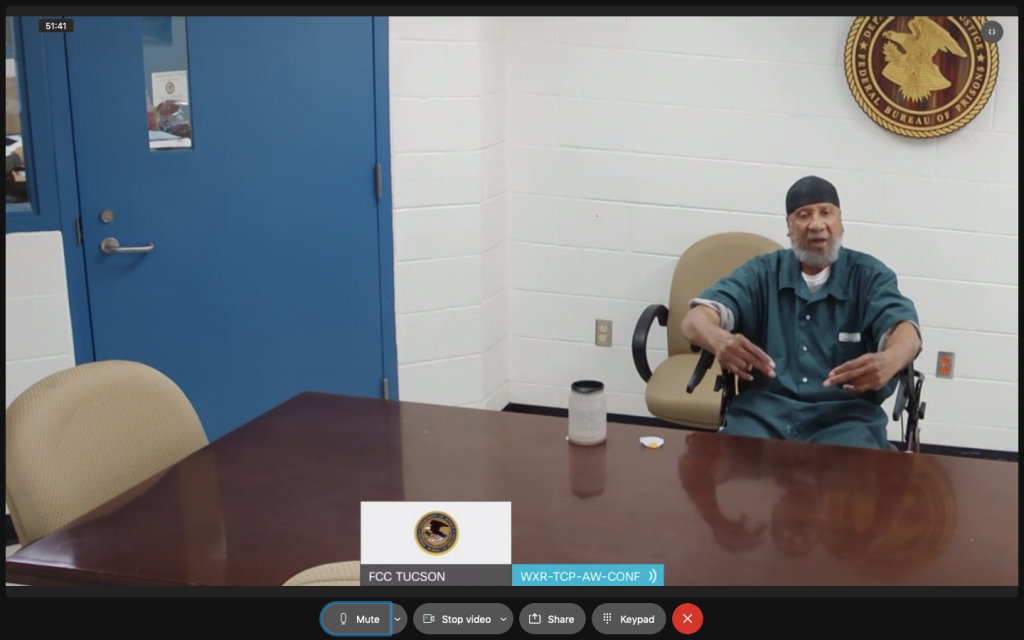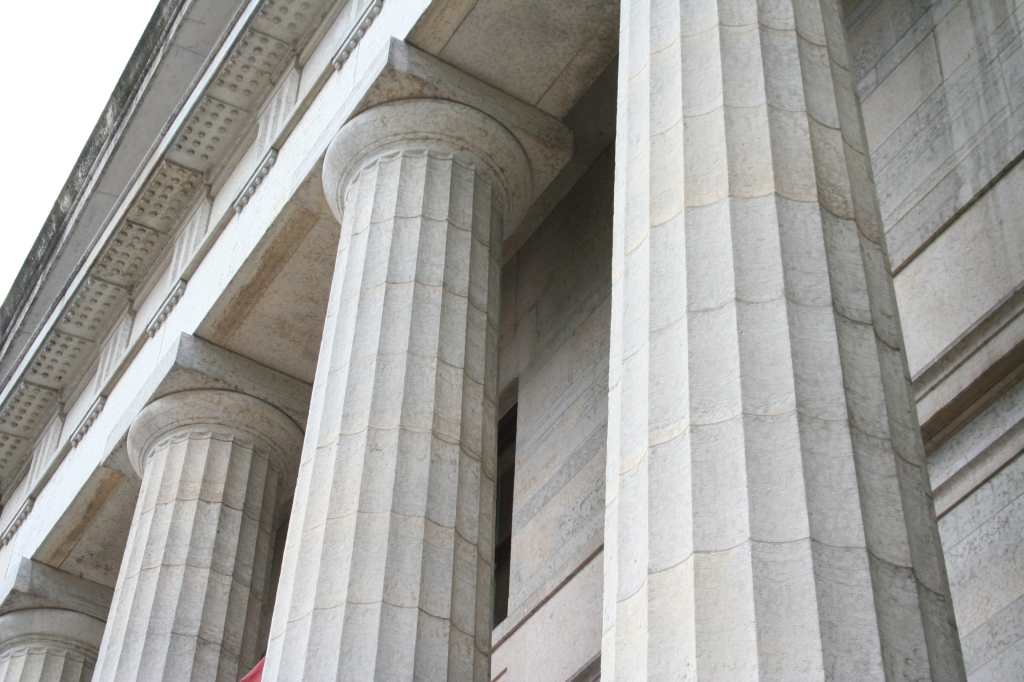10/20/21 Update: Videos of the conference sessions are available here.
Hard to believe, but this year’s Access and Accountability Conference is just around the corner, and it is shaping up as an event you won’t want to miss. Thoughtful academics, skilled practitioners and experienced journalists once again will be tackling some of the most significant impediments to government accountability today, with a particular focus on reforms that may be possible with the new administration taking hold in Washington.
Among the many important discussions that will occur:
- Professor Margaret Kwoka will present the results of her soon-to-be published research into the root problems with FOIA, and UCLA’s Michael Karanicolas will lead a discussion on how the FOIA regime might be radically over-hauled, drawing on successful approaches being employed internationally and at a hand-full of U.S. states.
- The value of libel litigation as a pro-democracy/accountability tool will be debated by leading libel experts, including counsel for both the plaintiff and the defendants in the pending $2.7 billion Smartmatic lawsuit against Fox News.
- A panel including Berkeley Law School Dean Erwin Chemerinsky will consider the extent to which there has been a norm shift among law students in thinking about free speech and the teaching challenges presented by changing attitudes.
There will also be deep dives into the right to protest and law enforcement’s response to protestors, the rights of journalists and who is entitled to claim them, the rights of whistleblowers in the national security context, and much more. Be sure to check out the full conference agenda below.
REGISTER FOR AAC 2021 HERE:
https://www.eventbrite.com/e/access-and-accountability-2021-tickets-166964773131
This conference hosted by the Media Freedom & Information Access Clinic at Yale Law School and is made possible by generous support received from the Democracy Fund, the Legal Clinics Fund and the John S. and James L. Knight Foundation.
AGENDA
Access & Accountability 2021: Time to Seize the Day?
This annual conference brings together law school clinicians, investigative journalists, practicing lawyers, academics, and activists to focus on some of the key impediments to government accountability and openness. The goal is to foster conversation and problem solving. More concretely, the conference informs the work of law school clinics and allied NGO’s, opening new vistas for legal action, policy work, and other advocacy. The first day of the conference convenes multi-disciplinary/multi-professional experts to explore some of the most pressing current issues; the second day is an incubator of ideas, opportunities for collaboration, best practices and success stories for law school clinics.
Friday, October 1
(all times eastern)
9:00
WELCOME by Floyd Abrams
9:15
KEYNOTE: TIME TO FIX FOIA?
Professor Margaret Kwoka, Moritz College of Law, Ohio State University
9:45
THINKING BIG ABOUT FIXING FOIA
The past five years have witnessed escalating challenges to Congressional, and ultimately public, oversight of the executive, as well as unprecedented abuses by this branch. With a new administration that views institutional renewal as a core part of its mandate, there may be a unique opportunity to advance major reform to America’s transparency structures, particularly FOIA, whose failures have been documented for years. This panel will identify some of the key deficiencies in the current means for obtaining information from the federal government and engage in some out of the box thinking about FOIA reforms that might meaningfully improve government transparency and accountability, particularly in support of better oversight to promote institutional compliance and a culture of openness.
Moderator: Michael Karanicolas, UCLA Institute for Law and Technology
Panelists:
– Margaret Kwoka, Moritz College of Law
– Adam Marshall, Reporters Committee for Freedom of the Press
– Toby Mendel, Centre for Law and Democracy
– Colleen Murphy, Connecticut Freedom of Information Commission
11:00
BREAK
11:15
RIGHTS OF THE PRESS CLAUSE
The Attorney General’s commitment never to seek the identities of journalists’ sources, legal objections to police targeting of journalists during BLM protests, defenses being raise by some charged with January 6 crimes that they were functioning as journalists, and criticism of techniques used by Project Veritas, all raise two fundamental questions: Who is a journalist for purposes of the First Amendment, and what rights does the Press Clause grant to a journalist? This panel will search for answers and will consider how best to define and enforce the rights of the Press Clause through litigation.
Moderator: RonNell Anderson Jones, S.J. Quincy College of Law, University of Utah
Panelists:
– Emily Bell, TOW Center, Columbia J. School
– Bruce Brown, Reporters Committee for Freedom of the Press
– Adam Goldman, New York Times
– Jane Kirtley, Hubbard School of Journalism, University of Minnesota
– Mickey Osterreicher, National Press Photographers Association
12:30
BREAK
1:00
LAW ENFORCEMENT ACCOUNTABILITY
The panel will focus on the right to protest and law enforcement’s response to protestors, including direct interference with and abuse of protestors, surveillance of protestors and activist movements, and legislative efforts to limit and target public protests. Panelists will discuss legal strategies and ongoing litigation challenging such practices under the First and Fourth Amendments as well as federal, state and local transparency laws that apply to law enforcement agencies.
Moderator: Jonathan Manes, Roderick & Solange MacArthur Justice Center
Panelists:
– Tabatha Abu El-Haj, Drexel Kline School of Law
– Nora Benavides, Free Press [invited]
– Vanessa del Valle, Northwestern University Pritzker School of Law
– Saira Hussain, Electronic Frontier Foundation
2:15
BREAK
2:30
NATIONAL SECURITY ACCOUNTABILITY
In his Pentagon Papers concurrence, Justice Stewart famously observed that, in the realm of national security, “the absence of the governmental checks and balances present in other areas of our national life” makes an informed citizenry “the only effective restraint upon executive policy and power.” Since 9/11, an exponential growth in the amount of information classified by the executive, use of the Espionage Act to prosecute whistleblowers, invocation of the state secrets privilege, the deference given by courts to the executive’s assessment of national security harm, and the creation of military commissions to prosecute terrorists, have all served to limit the ability of informed public opinion to restrain executive power. This panel will analyze some of the key impediments to meaningful oversight of our national security apparatus today, consider ways to address them, and assess the prospects for reform.
Moderator: Jameel Jaffer, Knight First Amendment Institute at Columbia University
Panelists:
– Laura Donohue, Georgetown Law School
– Heidi Kitrosser, University of Minnesota School of Law
– Ellen Nakashima, Washington Post
– Stephen Vladeck, University of Texas School of Law
– Andrew Weissmann, New York University School of Law
3:45
BREAK
4:00
DEFAMATION AS AN ACCOUNTABILITY TOOL
A shared understanding of basic facts is essential for democracy to function, yet some activists seem to be intentionally creating and disseminating disinformation that ricochets through partisan echo chambers. These efforts have been highly successful—some 90% of Republicans and Democrats now disagree about the truth or falsity of certain basic facts. This panel will explore the extent to which the problem of disinformation is exacerbated in the age of social media by First Amendment doctrine that relies primarily on counter-speech as the cure for false speech, whether libel litigation provides a useful tool for addressing political disinformation, and other steps that might help restore some common agreement on the relevant facts.
Moderator: Lee Levine, Ballard Spahr LLP (Ret.)
Panelists:
– Floyd Abrams, Cahill Gordon & Reindel LLP
– Thomas Claire, Claire Locke LLP
– Erin Murphy, Kirkland & Elis LLP
– John Langford, Protect Democracy
– Lyrissa Lidsky, University of Missouri School of Law
Saturday, October 2
9:00
COLLABORATION COLLOQUIES – projects worthy of cross-clinic collaboration
Supporting Local Journalism (9:00)
There is a compelling need to reinvigorate local journalism for democracy to thrive. This panel will review various approaches being taken at law school clinics and elsewhere to provide the types of legal services needed to sustain robust investigative journalism, and lead an open discussion exploring additional ways that law school clinics might be a part of the solution to this pressing problem.
Discussants: Bruce Brown (Reporters Committee for Freedom of Expression), Josh Burday, Loevy & Loevy; Heather Murray (Cornell); Susan Seager (UC Irvine); Stephen Stich (MFIA)
Fighting “Censorship by PIO” (9:45)
Governments have increasingly imposed gag rules on their employees, barring staff from talking to journalists and providing information only through a public information office. With their careers on the line, employees have little incentive to litigate their speech rights, leaving the public blind to what the government is doing beyond the information officially approved for release through press officers. This panel will discuss the legal theories for mounting a journalist’s challenge to such gag rules, the procedural hurdles such a case would face, and the legal research and factual development that has already been done on this issue. It will explore opportunities for collaboration among clinics in bringing one or more test cases.
Discussants: Kathryn Foxhall (Society of Professional Journalists);
Gregg Leslie (Arizona State University), Michael Linhorst (MFIA),
Frank LoMonte (Brechner Center)
10:35
BREAK
10:45
DIRECTOR’S DIALOGUE: First Amendment, Friend or Foe?
This panel will take up some of the challenges in teaching students who are not reflexively in the flow of free speech. It will consider the extent to which there has been a norm shift among law students in thinking about free speech and consider the teaching challenges presented by changing attitudes. For example, the presence of disinformation on social media platforms has led to calls for greater government regulation of online speech. Violent marches by right-wing groups, such as Unite The Right in Charlottesville, have led some students to question the availability of robust free speech protections for racist and sexist speech. Panelists will discuss their own experiences as students and teachers of First Amendment law, with the goal of providing actional advice for clinical faculty to engage with First Amendment issues.
Moderator: Catherine Crump, UC Berkeley
Panelists:
– Erwin Chemerinsky UC Berkeley
– Meenu Krishnan, Davis Wright Tremaine LLP [in formation]
11:50
BREAK
12:00
SUCCESS STORIES
Samantha Hamilton (2021 grad), University of Georgia
Samantha will describe a project called MLOG (Media Law & Open Government) in which a dedicated group of students provides non-litigation advocacy on a pop-up basis to citizens and journalists across Georgia. Its successes include shaking loose documents for journalists, getting functioning livestreaming in place for public meetings, and getting people unblocked from govt social media accounts who were censored for their critical comments. The project functions like a mini-clinic, where the members meet each week all together but the students divide the projects up among them based on interest. The project accepts matters on a rolling basis throughout the semester.
Ben Whittle (3L), UC Irvine School of Law
Ben will describe his successful efforts on behalf of a freelance journalist seeking to unseal juvenile court files across California in cases involving fatal parental abuse of children who were supposed to be under the protection of local child services agencies and the juvenile court. His efforts contributed to a front-page LA Times story and the Netflix docuseries, “The Trials of Gabriel Fernandez.”.
Celine Moussazadeh Rohr (3L), NYU School of Law
Celine worked on a FOIA-based investigation of the FDA and NIH that uncovered information that apparently spurred the FDA to take a first-ever enforcement action to ensure public access to a drug manufacturer’s clinical trial data. She will explain the strategy of explicitly identifying the FOIA requests as a precursor to potential APA litigation as a way of getting the attention of the FOIA offices at both agencies.
1:15
OPEN FELN STEERING COMMITTEE MEETING
